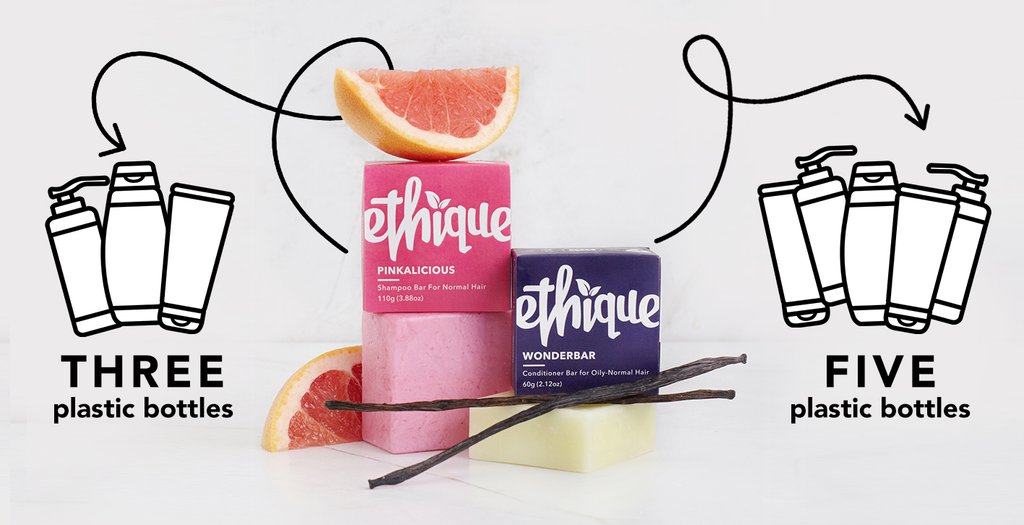Sustainable businesses are no longer the exception, they’re quickly becoming the rule. In fact, as consumers increasingly demand more sustainable products and legislators introduce more laws regulating everything from labor to waste management, there are more reasons for businesses to improve their social missions.
Companies that are striving to set the highest standards are doing so by actively taking the lead in addressing inefficient production habits, consumption habits, and waste practices.
In truth, the most sustainable companies care about the environment as much as they care about selling their products, and despite what skeptics may say about the incompatibility of success and sustainability, they’re growing bigger and more profitable.
Here, we take a quick look at seven sustainable companies in the US and abroad.
Impossible Foods

Source: Impossible Foods
Food security is a growing concern across the globe, and the wasteful nature of our existing production system is among the most pressing issues surrounding food waste and its associated use of resources. Nowhere is this more true than with the meat industry, and in particular the raising of cattle, with one hamburger requiring 14.6 gallons of water, 13.5 pounds of feed and 64.5 square feet of land to produce, while also generating 0.126 pounds of methane and a total carbon footprint of 4 pounds.
One company that’s had plenty of exposure over the past few years in their fight to reduce this waste is Impossible Foods. They claim that, over a range of impact indicators including water usage, land occupation, and global warming potential, their plant-based burgers are 87% to 96% more sustainable. Not only that, but the company’s 2019 Impact Report targets 90% average landfill diversion and a commitment to working towards US Green Business Council (USGBC) Zero Waste Certification. And this top sustainable company makes great tasting food too!
Patagonia
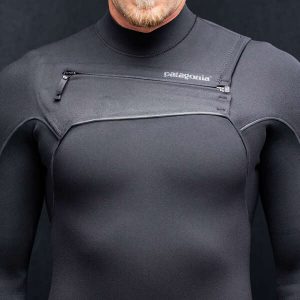
Source: Patagonia
Patagonia is one of the true stalwarts of the sustainable business scene, and they began working with factories to improve conditions for workers in the 1970s. By 2002, a Social Responsibility manager was hired and in 2007, The Footprint Chronicles were launched, tracing both the social and environmental impact of Patagonia products.
Today, social and environmental responsibility is at the core of the brand’s philosophy, and with big plans to achieve carbon-neutral production by 2025, Patagonia is still leagues ahead of many of the newer brands in addressing the shocking impact of the fashion and clothing industry. 83% of Patagonia products use Fair Trade labor and recycled materials are used across 68% of the line. Additionally, a comprehensive repair program for consumers makes the brand among the most sustainable companies in the US and beyond.
Ethique
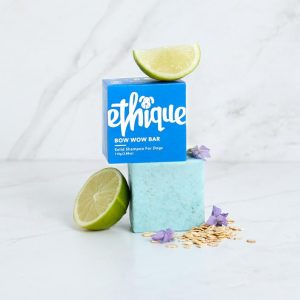
Source: Ethique
Originally founded in New Zealand, and now with retailers in 16 countries (including the US), Ethique was set up after owner Brianne West became frustrated with the sheer amount of waste created by the cosmetics industry. As she puts it:
“I figured out that up to 95% of your bottle of conditioner is made up of water – which is just ridiculous considering you have water in your bathroom!… so I set about learning cosmetic chemistry…. and looked to formulate a solid shampoo. I figured that switching to a solid product would be the answer not only to the water waste issue, but also plastic waste”.
Today, Ethique offers a whole range of cosmetic products, alongside household and pet products, that ditch the plastic packaging entirely, while also focusing on water conservation and working towards a goal of offsetting 120% of the company’s net carbon emissions. Finally, for every order you place, one tree or mangrove is planted with the aim of planting 200,000 trees by the end of 2020. As far as sustainable companies go, not many have better practices that allow you to pamper yourself.
Citi Field
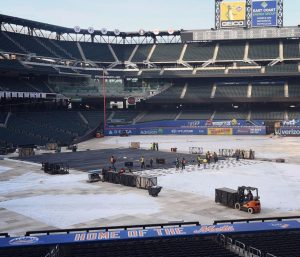
Source: rts
When it comes to sustainable companies and events, there’s still plenty of ground to cover. Put simply, gathering tens of thousands of people in a single place at a single time is a recipe for waste, and that’s not to mention the carbon footprint associated with building gargantuan events halls and stadiums.
New York’s Citi Field, however, has come a long way to addressing some of these issues, with ample recycling bins and optimized logistics helping to ensure waste reduction and efficient diversion. In 2018, Citi Field was not only able to donate the 18,000 sq. ft. of wood used for the ice rink during the NHL’s Winter Classic to the New York Materials for the Arts (MFTA), it also ensured the synthetic snow used for the event could be donated and reused too!
Citi Field’s commitment to sustainability doesn’t end there though, and the introduction of a 10,000 sq ft brewery offered plenty more opportunities for waste reduction. Through a custom organics recycling program, the significant amounts of spent grain is collected and diverted to an offsite anaerobic digestion facility. That grain also finds a second life as a renewable energy source for the New York/New Jersey area.
LeftHandHemp

Source: LeftHandHemp
Hemp has been used within clothing, yarn, and even construction for millennia, but due to restrictions placed on cannabis (and subsequently hemp cultivation), it has largely fallen out of fashion—despite claims to being among the most sustainable and eco-friendly raw materials around.
One US-based sustainable company hoping to change that is LeftHandHemp. As an internationally recognized name in the industry, their Hempcrete products are revolutionizing construction with sustainable blocks that are fire, mold, and pest-resistant while also offering excellent insulation properties. In fact, just three acres of industrial hemp could yield enough raw material to build a 1,500 sq. ft. home, while also absorbing CO2 and benefiting the soil in which it grows. If that can replace even some of the toxic synthetic materials used in construction today, we’ll be living in a much healthier and more sustainable world.
Fairphone
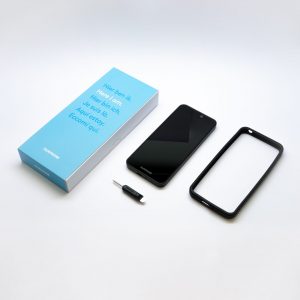
Source: Fairphone
E-waste is one of the fastest-growing waste streams in the world, and unless we change the way we produce and consume electronic devices, that trend looks set to continue. Recycling programs are now in place to combat some of this waste and reclaim valuable materials, however, it’s the model of production and consumption that’s the issue, and striving for a more circular system must be a priority.
Fairphone is at the cutting-edge when it comes to circular electronics, and their modular approach to the smartphone is a model that is needed to challenge the disposable mindset. The concept is simple: if you break your phone screen, just replace it. If you need a faster phone, just upgrade the processor and keep the rest. From the battery to your audio output, the Fairphone 3 has seven separate modules—all of which can be replaced and upgraded. It’s the circular economy in action, and Fairphone is one of the best sustainable companies within the consumer electronics field today.
JOCO
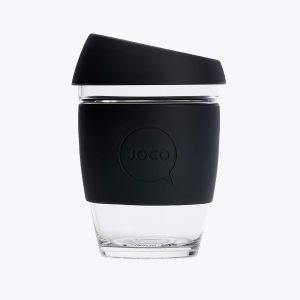
Source: zerowaste
Everyone is well aware of the issues surrounding single use plastics and packaging, particularly when it comes to staying hydrated or getting your morning coffee fix. Thankfully the trend to move towards reusable cups, mugs, bottles, and containers is helping make the shift from single-use.
However, not all reusable cups are made equal. In fact, the Joco cup was the vessel of choice at the World Barista Championships, and not only will you be eliminating single-use plastic from your life, but you’ll also be helping to fund the Joco x Seabin Project Fleet which is actively cleaning the ocean.
For more information on how RTS can help your business manage waste and recycling, giving you the opportunity to stake a claim as one of the top sustainable companies in US, contact one of our LEED-accredited advisors today to discuss your requirements.

